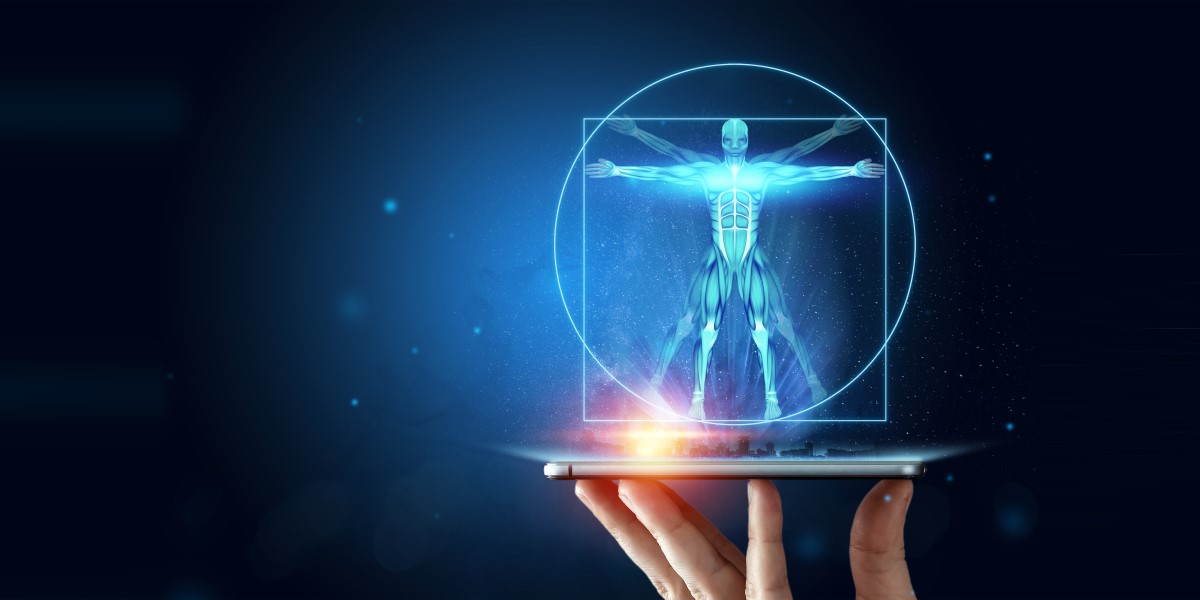As I said in my post, what these algorithms do is inherently different than how humans take inspiration. Human artists learn from other artists’ work, but they make original creations influenced by those inspirations. Algorithms are not capable of making original creations. They can only recombine elements of the creations of actual artists.
Hmmm...define original.
But that's not what is happening with AI art, anyway. What is happening is that
human beings are giving the AIs direction, and then the AI is doing its best to predict what will fulfill the request. Again, I ask how this is different from me hiring a
human artist to study and emulate another artist's work?
Or consider this example:
Please write out Shakespeare's sonnet 29
Sure! Here's Shakespeare's Sonnet 29:
When, in disgrace with fortune and men's eyes,
I all alone beweep my outcast state,
And trouble deaf heaven with my bootless cries,
And look upon myself and curse my fate,
Wishing me like to one more rich in hope,
Featured like him, like him with friends possessed,
Desiring this man's art and that man's scope,
what I most enjoy contented least;
Yet in these thoughts myself almost despising,
Haply I think on thee, and then my state,
(Like to the lark at break of day arising From sullen earth)
sings hymns at heaven's gate;
For thy sweet love remembered such wealth brings,
That then I scorn to change my state with kings.
That's great, but now replace all the metaphors with fish imagery
Okay, I'll do my best to replace the metaphors with fish imagery in Sonnet 29:
When, like a fish out of water, I swim
In disgrace with the sea and other fish alike,
And trouble the deaf ocean with my fruitless flailing,
And look upon myself and curse my fishy fate,
Wishing I were like a more hopeful fish,
Colored like him, swimming with friends around,
Desiring this fish's fins and that fish's gills,
With what I most enjoy making me least content;
Yet in these thoughts myself almost despising,
Perhaps I think on thee, and then my scales,
(Like to a salmon leaping at dawn's first light
From a stagnant pond) sing songs at the ocean's door;
For thy sweet love remembered brings such abundance,
That then I scorn to trade my fishy life with kings.
That second poem is definitely new art that never existed before in the world. Do I own that poem? What if I go in there myself and change a few more words? What if I change 50% of the words? At what point does the human intervention make this a new thing that I could own or sell?
Edit: All I will say is that if you think that you are confident that you have the answer to these questions right now, be prepared to be proven wrong in the very near future. The truth is that nobody knows the answers, and in fact some of these answers are going to be subjective. Legislators and courts will have to weigh in, and we will see different rules applied in different places. This is an incredibly nuanced problem, and a black and white answer is not going to happen.

/https%3A%2F%2Ftf-cmsv2-smithsonianmag-media.s3.amazonaws.com%2Ffiler_public%2Fb8%2Fb7%2Fb8b77a78-5813-45a8-8dae-cc29cc1d6a0b%2Fai_art_stephen_thaler.jpeg)
/cloudfront-us-east-2.images.arcpublishing.com/reuters/UQ6UAHFAH5OUFDBNDSIDYMOY3I.jpg)


